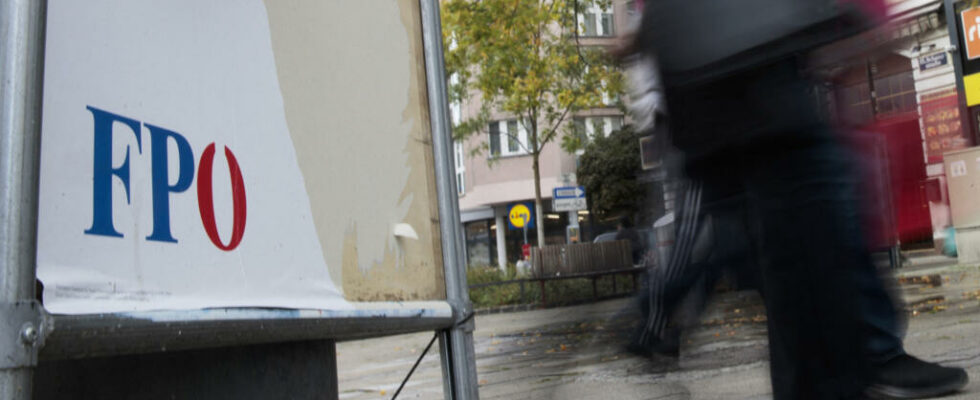The Austrians go to the polls on Sunday September 29 for uncertain legislative elections, and for which the far right of the FPÖ is given the favorite by the polls. But a government coalition will necessarily be necessary with the full proportional voting system. A perspective all the more important as the FPÖ is accused of proximity to Russia, and the country is still very dependent on Russian gas. Despite the European Union’s commitments since the invasion of Ukraine, Austria has not been able to reduce its imports.
2 mins
This was still the case in July: 83% of Austrian gas imports came from Russia. The Austrian Ministry of Energy assures that it seeks to get rid of this worrying addiction.
Green Minister Leonore Gewessler has repeatedly pointed out the “ failures » from Austrian gas suppliers. According to her, they prefer to buy Russian gas, while gas from other countries is available in sufficient quantities.
In response, the national energy company OMV explains that it cannot get rid of the contract signed with Gazprom. This runs until 2040.
The part is above all political. The far-right FPÖ party, favorable to Russia, is leading the polls. The Russian lobby is powerful and the lack of will of the outgoing coalition has led to the status quo and no binding measures have been taken.
The country has “ no clear plan » to get out of this dependence, the European Commission affirmed last year. This while the rest of the EU now only imports around 15% of its gas to Moscowit always flows in Austria.
The coalition as a way for the FPÖ to propel itself towards the majority?
The FPÖ owes this resurgence of the extreme right in Austria to its leader, Herbert Kickl. A provocative, racist, Islamophobic, anti-immigration, pro-Russian leader and supporter of leaving the European Union, who took his party to the top of the polls. But according to Patrick Moreau, doctor in history and political science, researcher at the CNRS and specialist, among other things, on the Austrian far right, Herbert Kickl does not want power. That for now.
“Kickl knows that a coalition would be so unstable, and he has everything to gain” because “this would allow him to win electorally and get closer to the majority,” explains Patrick Moreau, doctor in history and political science, researcher at the CNRS and specialist, among other things, on the Austrian far-right
